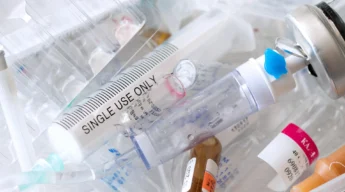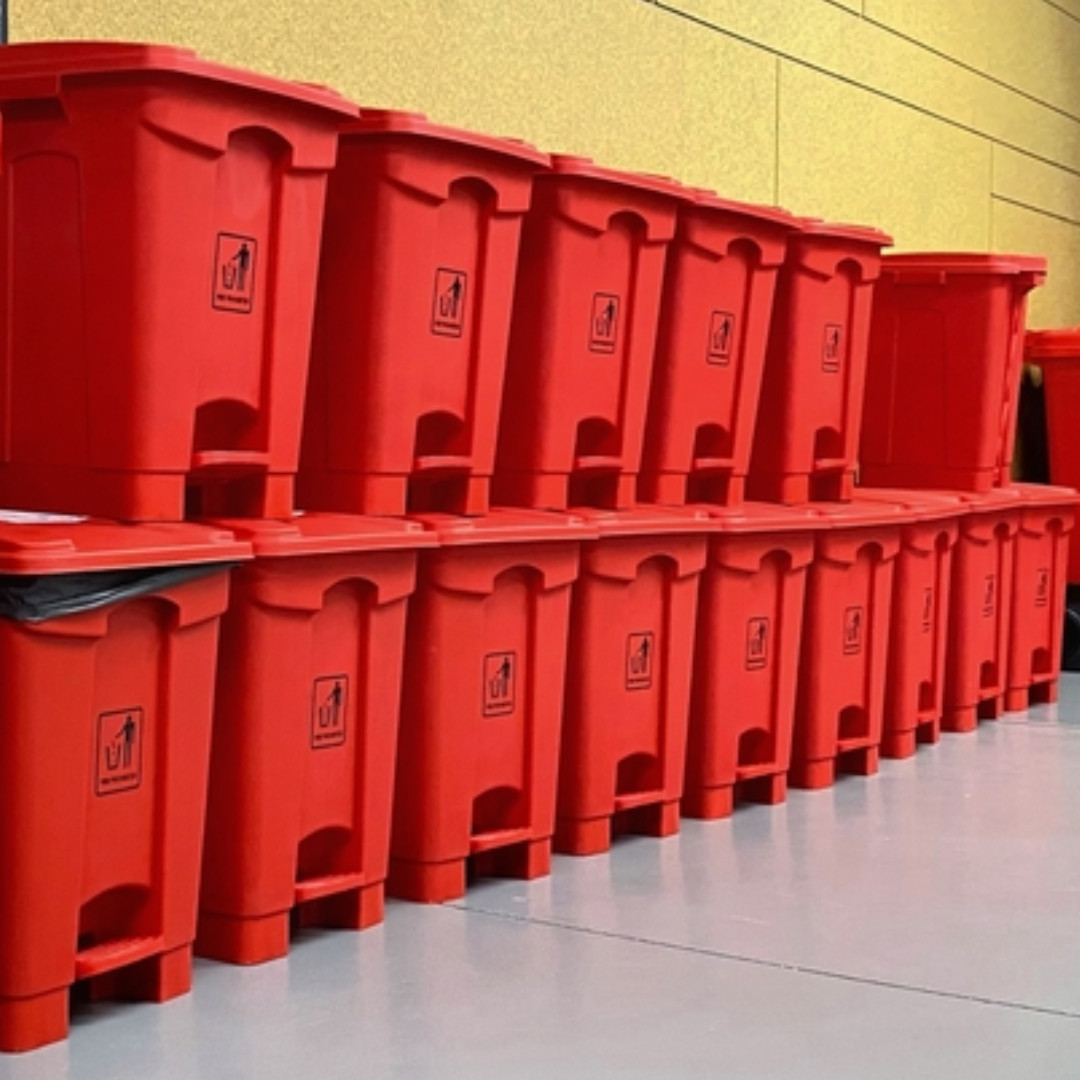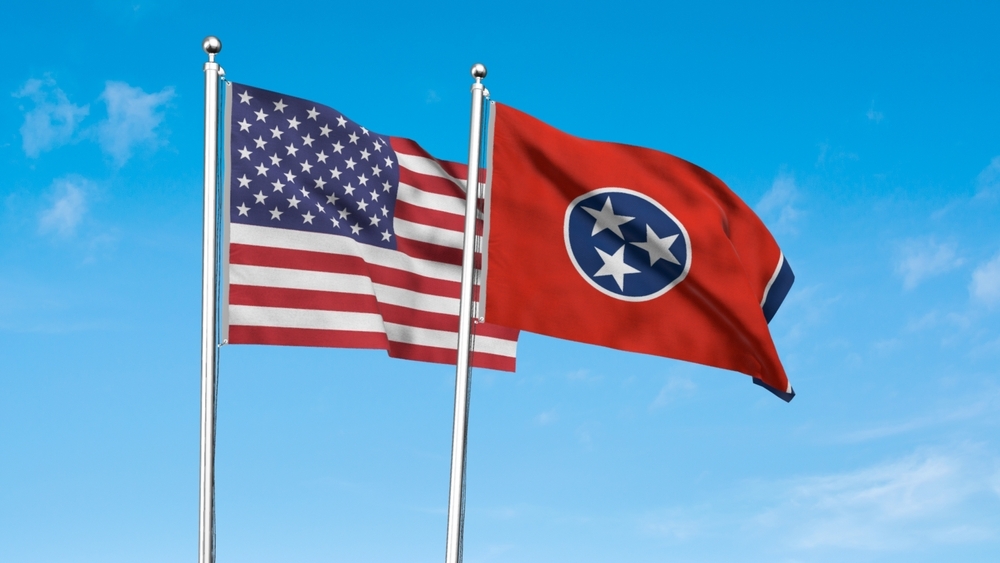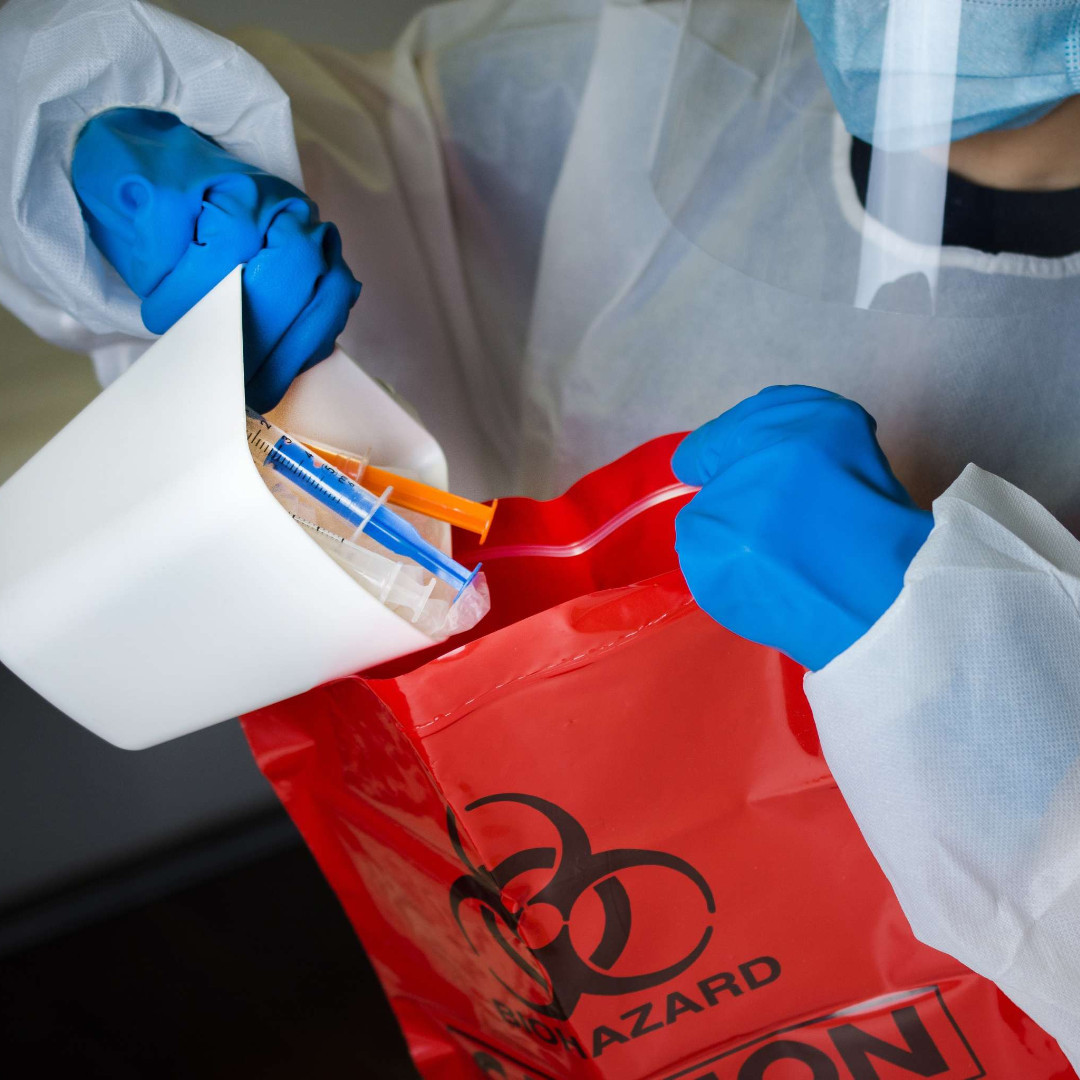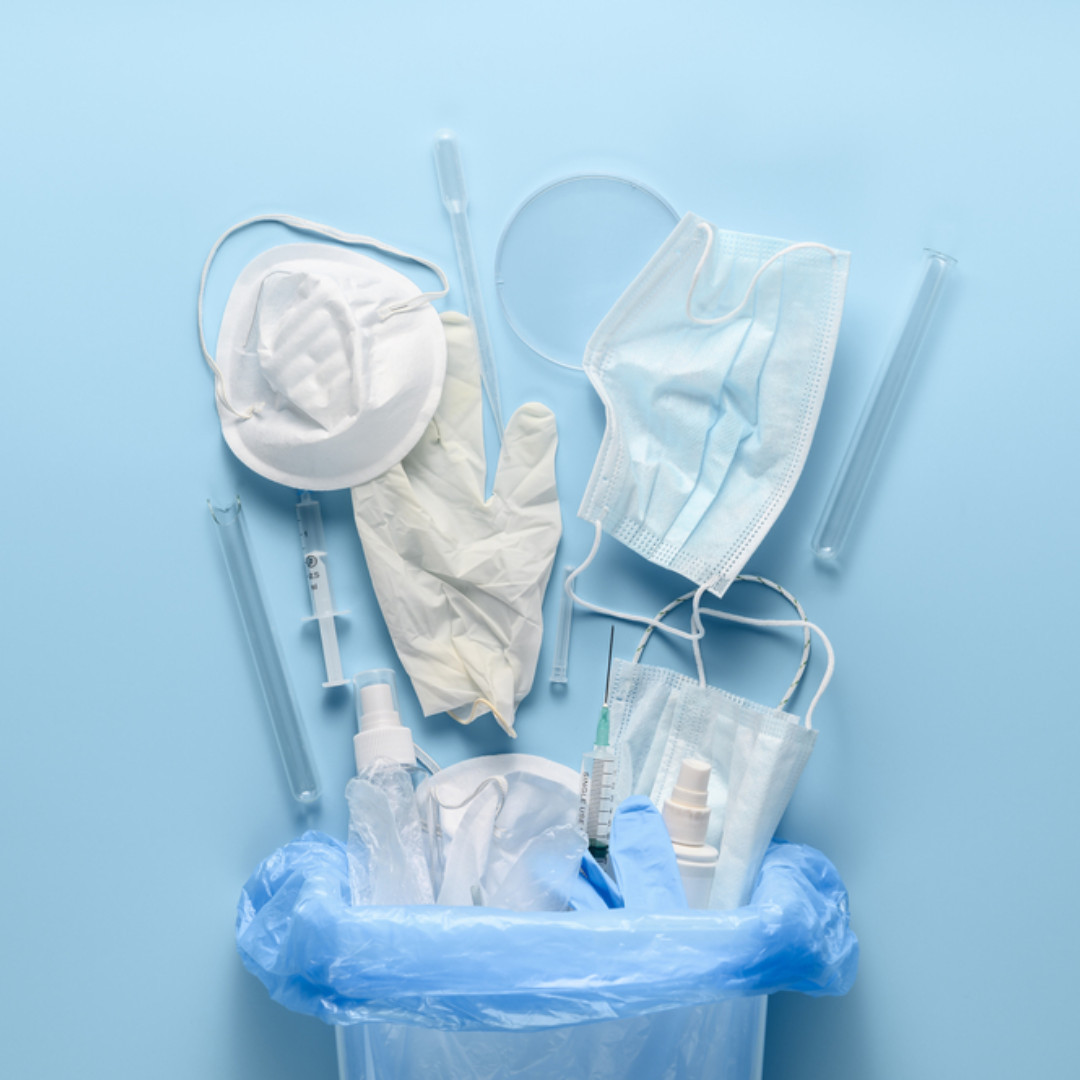Chemotherapy generates some of the most hazardous waste in the medical industry, so when it comes to medical waste disposal, healthcare providers that manage chemotherapy will find that it is a critical aspect of their healthcare waste management plan. Waste Medic helps you dispose of your chemotherapy waste cost effectively, efficiently, and most importantly – within compliance.
When it comes to chemotherapy treatments, chemotherapy or trace chemotherapy waste is produced during the preparation of or administration of chemotherapy, but not all waste meets the actual chemotherapy drug. So how are these items segregated?
Trace chemotherapy waste can include IV tubing, medicine bags, vials, or any part of the tubing and needle system that delivers the chemotherapy drug to a patient. However, personal protective equipment (PPE), towels, wipes, and pads may meet chemotherapy drugs as well, and proper disposal is mandatory. Chemotherapy wastes are defined as a hazardous waste by the EPA and are treated as medical waste through incineration.
Special containers designed for chemotherapy waste can help the segregation process. For example: sharps used in chemotherapy administration. In such situations, not all sharps’ containers are meant to contain all sharps waste.
Waste Medic makes it easier to segregate chemo waste from other waste streams with single use or reusable chemotherapy collectors and sharps containers in a variety of sizes. Some are designed for small quantity generators and small spaces. Some are disposable and others reusable. When it comes to different colored containers and tops to identify different waste streams.
A Reliable Healthcare Partnership
Our success is built upon strong relationships with our clients. Simply stated… our clients are our number one priority. Headquartered in Nashville, Waste Medic offers our full suite of services to over 2,000 healthcare facilities across Alabama, Georgia, Indiana, Kentucky, Louisiana, Mississippi, North Carolina, South Carolina, and Tennessee.
IN THE NEWS
Celebrating Independence Day with Waste Medic: Honoring Our Nation’s Heritage
Celebrate Independence Day with Waste Medic as we honor our nation’s heritage. Learn about our commitment to community service and our brief office closure on July 4th. Wishing you a safe and joyous 4th of July!
Navigating Change: What Stericycle Clients Need to Know Amid Waste Management’s Acquisition
Discover the implications of Stericycle’s acquisition by Waste Management and why Waste Medic stands out as your local, reliable, and cost-effective provider for medical waste management solutions in the Southeast. Explore our transparent pricing and responsive customer service tailored to meet your facility’s unique needs.
Keck Medicine of USC and USC’s health sciences schools make sustainability a priority
By upcycling ocean plastics, reducing harmful anesthesia gases and transforming medical supply chains, the USC health system and medical research schools hope to curb pollution.


